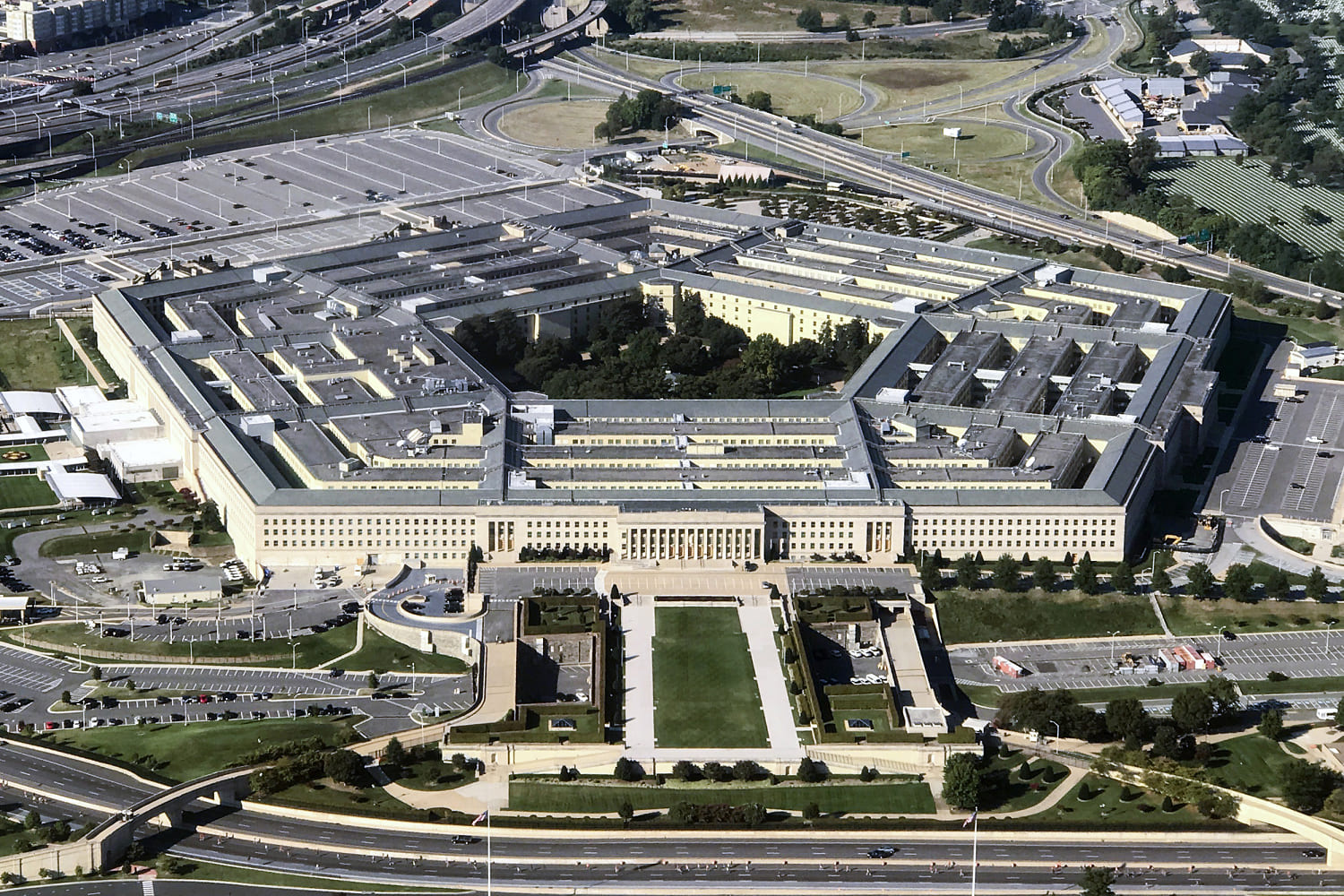Pentagon official warns that Russian anti-satellite nuclear weapon could be devastating


A senior Pentagon official told lawmakers Wednesday that Russia is developing an “indiscriminate” anti-satellite nuclear device that would pose a threat to all satellites operated by countries and companies around the world.
“The concept that we are concerned about is Russia developing and — if we are unable to convince them otherwise — to ultimately fly a nuclear weapon in space which will be an indiscriminate weapon” that would not distinguish between military, civilian or commercial satellites, John Plumb, assistant secretary of defense for space policy, said at House Armed Services subcommittee hearing.
He said the threat was “not imminent” but the Defense Department and the “entire” Biden administration were concerned about the program.
Asked about the potential effect of such a weapon, Plumb said low-Earth orbit — the most commonly used orbit for satellites — would be rendered unusable for possibly up to a year due to the radiation from a nuclear detonation.
It was difficult to estimate the precise impact of such a weapon depending on the size of a nuclear explosion, Plumb said. But he said a rough assessment would suggest “satellites that aren’t hardened against a nuclear detonation space, which is most satellites, could be damaged and affected and some would be caught in an immediate blast.”
Plumb’s comments marked the first time the Biden administration had discussed the potential Russian anti-satellite capability at an open congressional hearing.
Plumb was questioned about the Russian program by Republican Rep. Mike Turner (R-Ohio), the chair of the House intelligence committee. Turner first raised the issue in February in a cryptic public statement, demanding the White House declassify information about an unnamed “serious national security threat.”
In written testimony to lawmakers, Plumb said the Russian capability under development “could pose a threat to all satellites operated by countries and companies around the globe, as well as to the vital communications, scientific, meteorological, agricultural, commercial, and national security services we all depend upon.”
On Tuesday, Defense Secretary Lloyd Austin, without citing the specific weapon being developed from Russia, told another House hearing that a nuclear detonation in space “would have devastating consequences on a lot of our capabilities in space — not only our capabilities but the capabilities of other countries.”
Austin added that “we think it’s irresponsible for anybody to even consider deploying or employing a nuclear device in space.”







